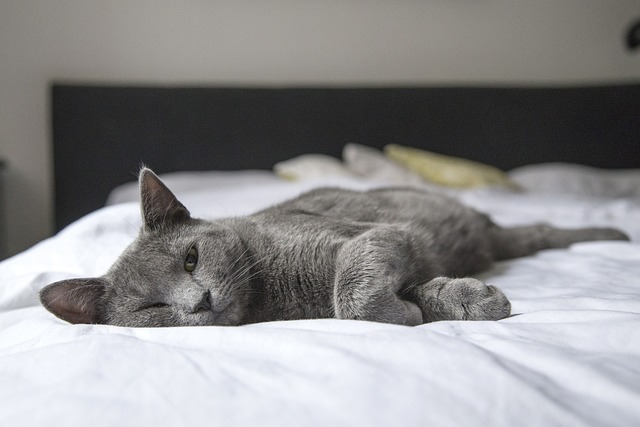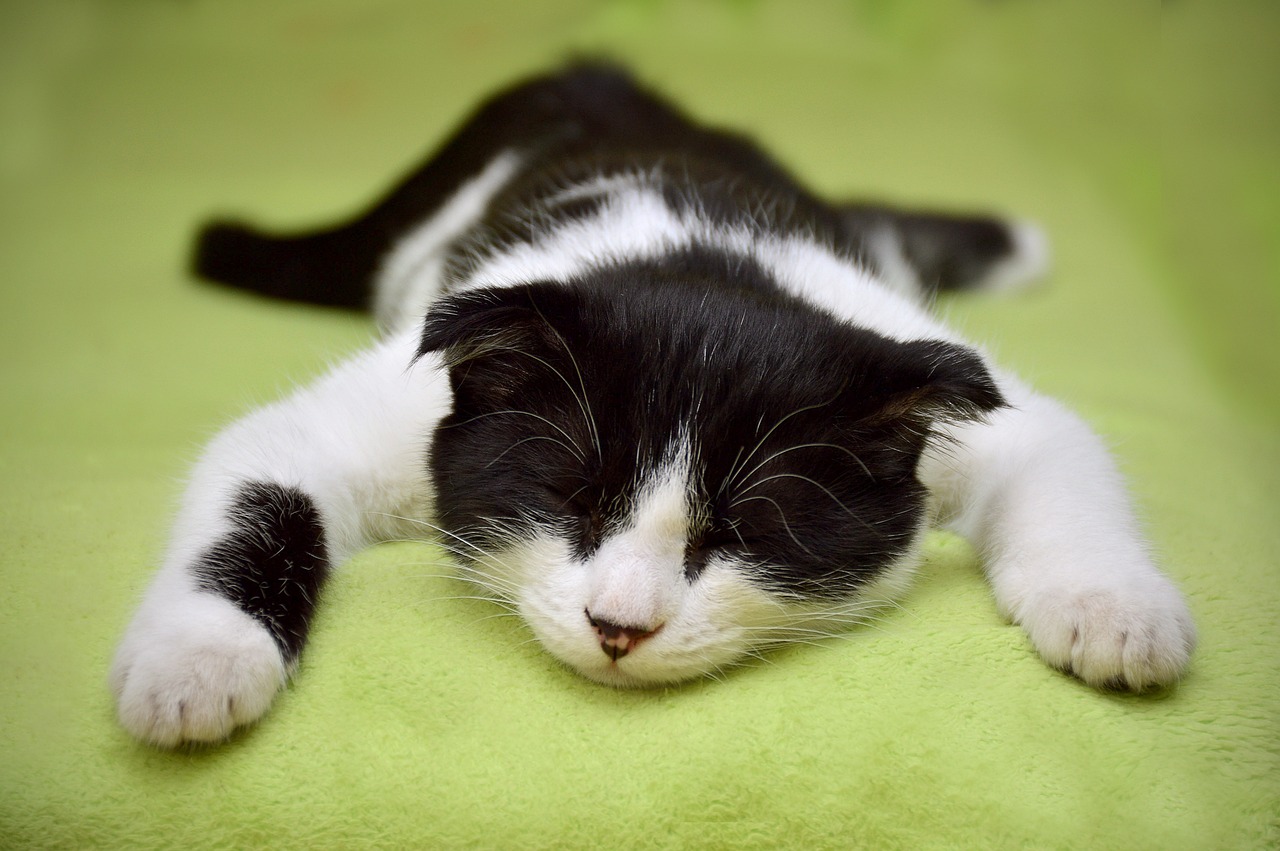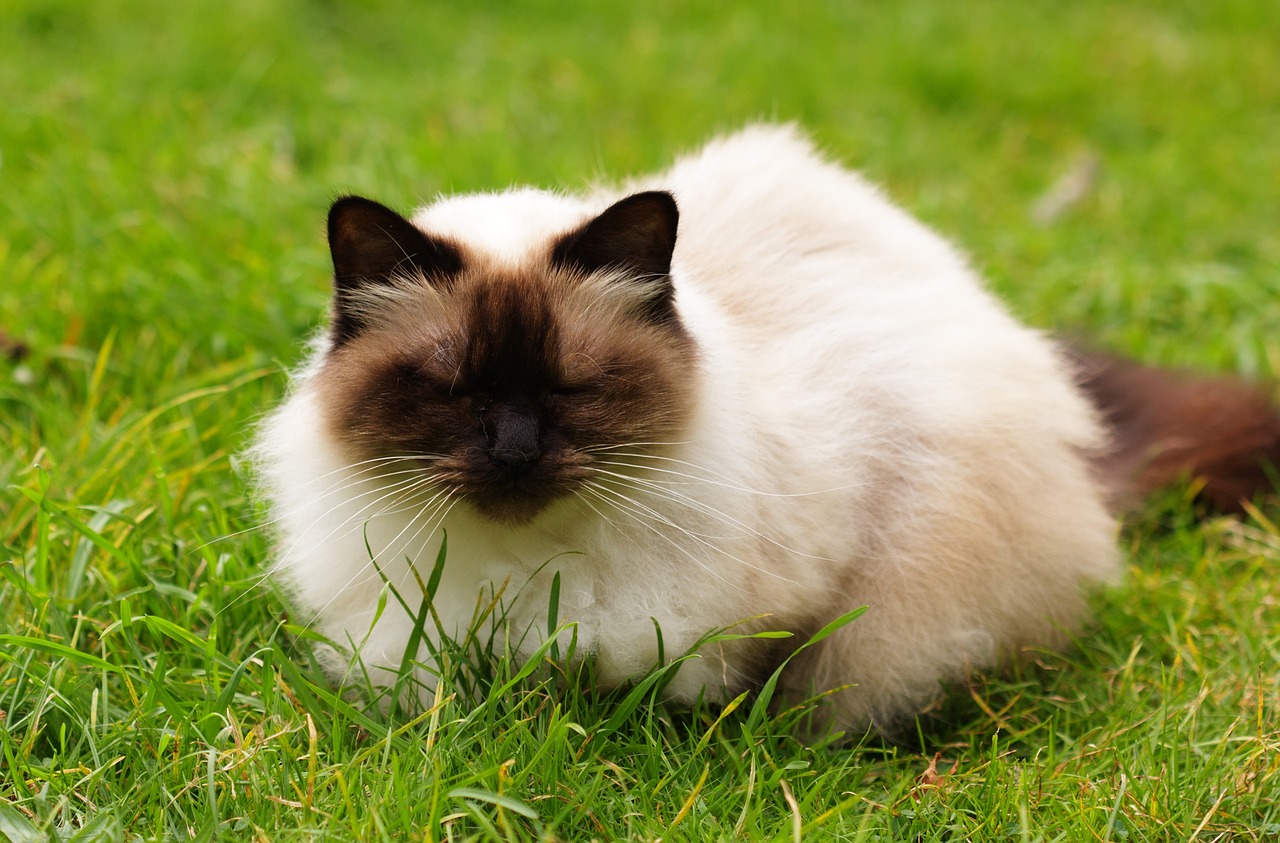Unlike dogs, a cat owner may often face this problem. Inappropriate urination is quite a common thing in cats. Reasons for this could be behavioural or medical. We will discuss the most common five reasons that can lead a cat to start peeing in the house.
Medical Causes
Any inflammation in the urinary tract including bladder stones bacterial infection or any other inflammatory disorder which causes the urgency of urination leads your pet child to urinate at the wrong place. Various kidney diseases cause cats to drink more water. Thus, they urinate more frequently. Therefore, the urgency of urination may not allow your cat to reach out to the litter box quickly, resulting in him urinating at the wrong site.
Age factors and diseases like diabetes can also lead your cat to change its urination habits. The mobility of a cat and its sensory functions also have a direct effect on urination. Medical problems like stiffness of muscles, weak joints and nervous breakdown could also be responsible for your cat not getting to the litter box easily. To confirm the cause, you should consult a veterinarian and let him help your cat to get it all right.
Remember if you noticed that your cat is not able to urinate even after straining or the urine is passing just in the form of drops. This condition persists with or without vocalisations. It is an absolute medical emergency and your cat is facing blockage of urine, which is a very fatal condition. So the appointment to a veterinarian should be your immediate response.
Behavioural Causes
Different behavioural causes are there that eventually lead a cat to urinate inappropriately. These include frustration, anxiety and stress. Any change in routine like shifting to a new home, or the inclusion of a new member in the household leads a cat to urinate at the wrong site. Sometimes they mark their territory by urinating in different corners of the house. It is normal for a cat to mark its territory. This behaviour is mostly triggered by the presence of another cat in its surroundings. However, sometimes cats also mark their territory out of stress and anxiety problems.
Cats may also change their pattern of urination if they have some issues with the litter tray. Maybe they don’t like the type of litter tray or the location where the litter tray is placed. They may also hate to urinate in the litter tray if the tray has not already been cleaned.
5 Ways To Stop a Cat From Peeing In The House
First, remember the difference between spraying and urinating. It is normal for cats to urinate in the corners to just mark their territory. It may be triggered due to the presence of another cat. So it’s become easy to find a solution when you know what your cat is doing.
The most important thing is patience for any pet owner when facing the above-mentioned problem. Never try to physically punish your pet child. Don’t yell at him. Try to show more love and care when your pet has bathroom problems. Punishment and yelling only make it worse as your pet already has an issue that needs to be solved.
Below are the 5 practical methods that you need to consider whenever your cat has inappropriate peeing issues.
ALSO READ: WHAT CAUSES CAT DIARRHOEA
Visit The Vet for Guidance to Stop your Cat peeing in the House
Whenever you observe that your cat has urinated in the house, one thing you should try to do as soon as possible. Make an appointment with your vet. Most cats suffering from the below-mentioned conditions have shown urination issues.
- Urinary tract infection
- Diabetes
- Hyperthyroidism
- Crystals
- Renal failure
- Kidney stones
- Cystitis (inflammation of the bladder)
Create a Litter Box Setup That Your Cat Will Love
You should set up the litter box in such a manner that the kitty must have to go there. Some options are given to get a desirable litter box set up.
- Multiple litter boxes
You must have one litter box for every cat separately and then one extra per household. - Large comfortable litter boxes
Ideally, a litter box should be one and a half times bigger in size than the body of your cat. It is seen that cats often prefer uncovered litter boxes. - Clean litter box
The litter box should be clean and make sure to replace litter every month. - Attractive litter boxes
Cats naturally like to bury their waste. So it is advisable to have a scoopable litter box that gives your pet child a sand-like feeling.
Help Your Cat Feel Safe Secure And Stress-free
Your cat may feel discomfort and frightened if it marks its territory again and again and urinates around the corners without any reason. This behaviour of your cat is due to feeling unsafe even in his own house. You, as a pet parent, try to eliminate the stressor and allow your cat to feel safe and secure. Identifying the stressor may not be an easy task, but if you understand the reason for stress but are unable to remove it, then keep your cat busy and try to draw its attention to some other thing like its favourite toy or favourite game.
Use Positive Reinforcement Methods
Due to some medical problem like UTI, if your cat has a difficult bathroom experience, he can hesitate to go for peeing again. In this situation, you need to take your cat towards a new litter box in playing mode and reward it as it progresses to use its litter box. To desensitization previous experience, you need to reward your pet child at every step watching, exploring and using the litter box.
Spay or Neuter Your Cat Can Prevent it from peeing in the house
Spaying has so many advantages for felines. Cats use their urine to communicate with other cats. Spraying is also used by male or female cats to show their sexual status. Spaying or neutering becomes necessary when you live in a home with a lot of other cats in the surroundings. Talk to your veterinarian and make an appointment to get your cat neutered.
Frequent Asked Questions
Cats may start peeing outside the litter box due to various reasons, including medical issues, stress, changes in their environment, or litter box problems.
Yes, medical issues like urinary tract infections, kidney problems, diabetes, or bladder stones can lead to changes in a cat’s urination behaviour. It’s important to rule out any health concerns with a visit to the veterinarian.
Yes, stressors such as moving to a new home, changes in routine, introduction of a new pet, or fights with other animals can lead to stress-related urinary issues in cats.
To prevent inappropriate urination, ensure your cat’s litter box is clean, and placed in a quiet and accessible location, and consider using a litter type which your cat prefers. Reduce stressors, provide a suitable environment, and maintain a consistent routine for your cat.
Start by consulting your veterinarian to rule out any medical issues. If medical issues are ruled out, work on addressing possible stressors, providing a comfortable and inviting litter box, and using positive reinforcement for proper litter box use.



